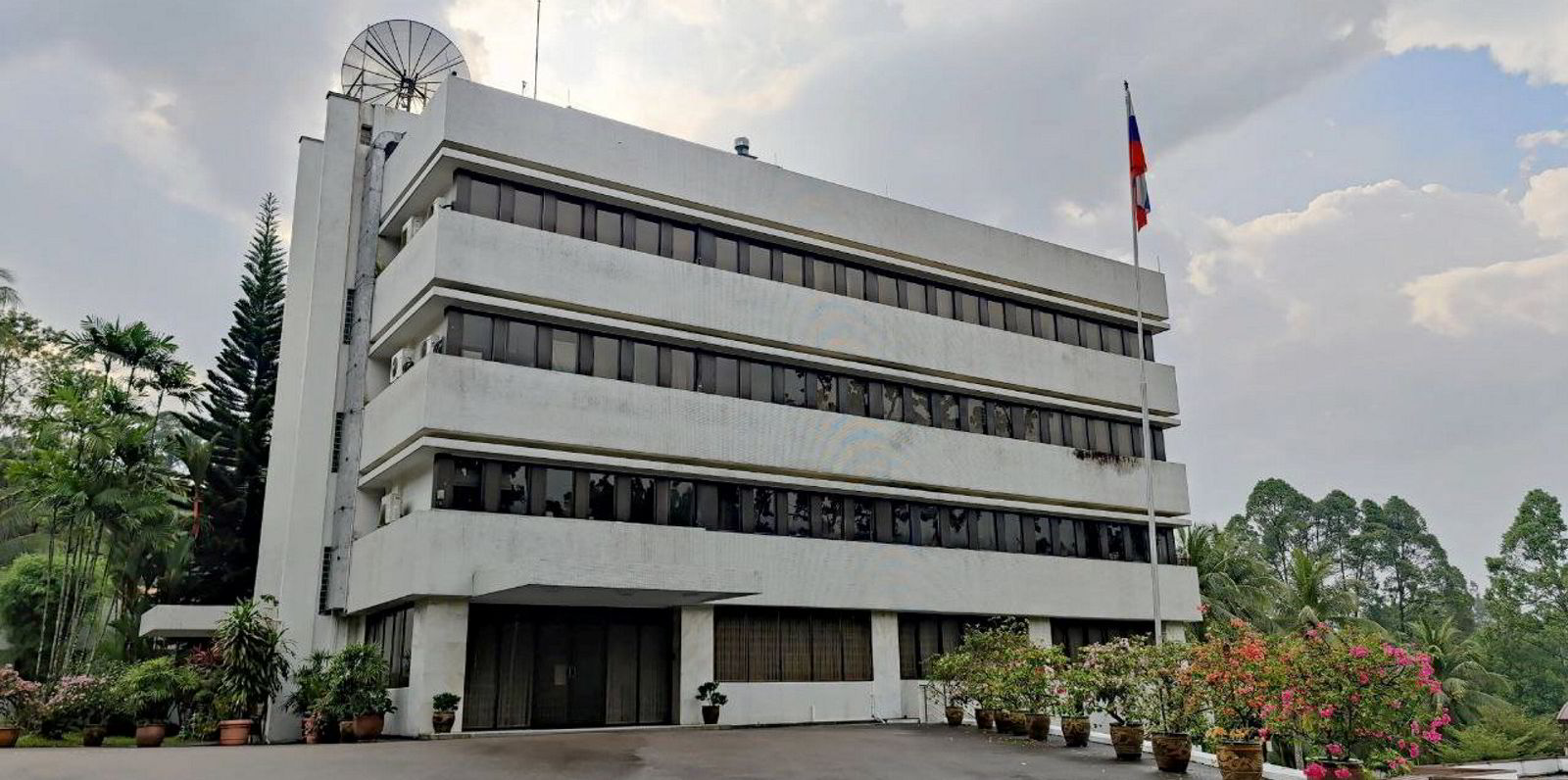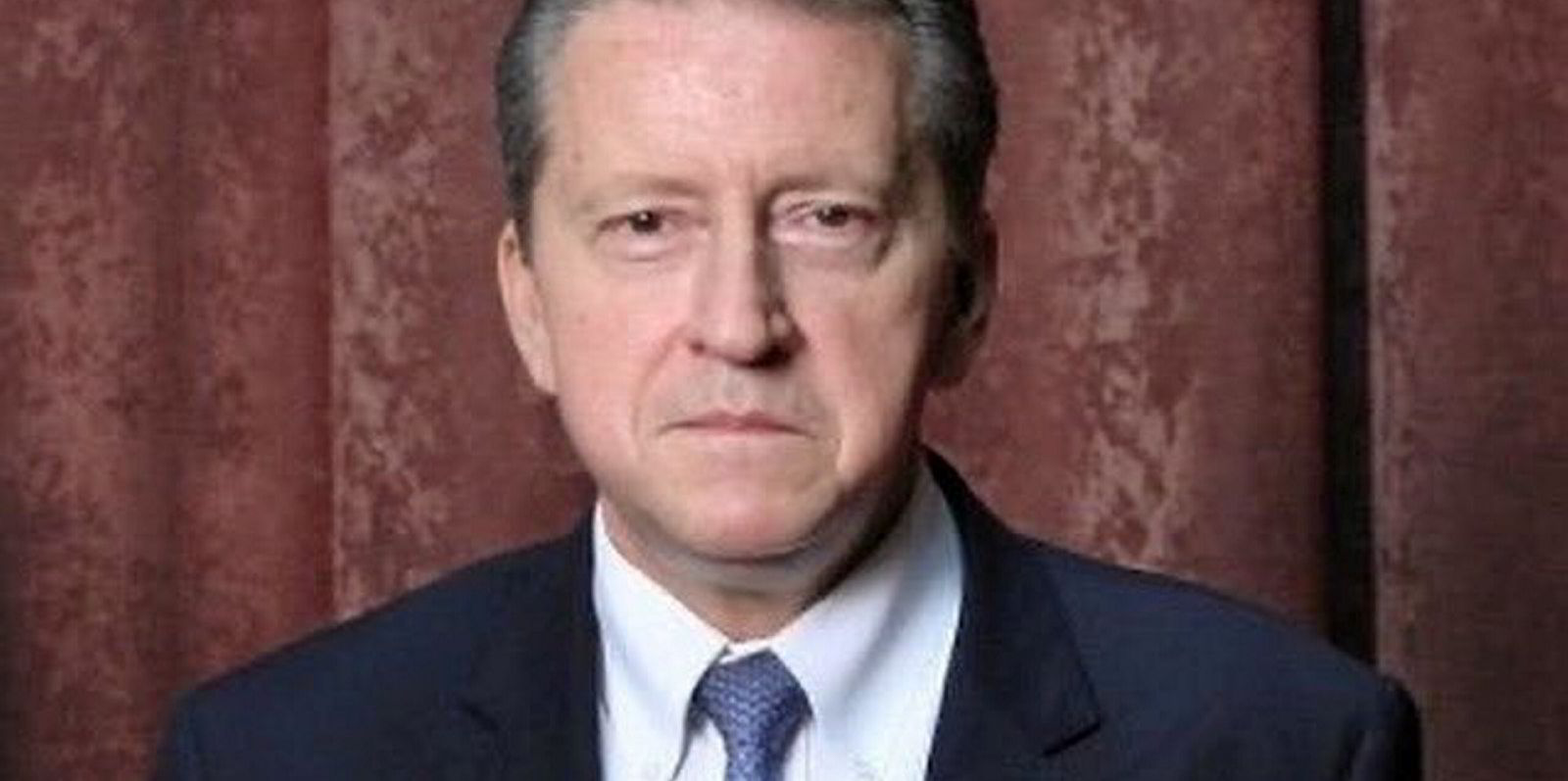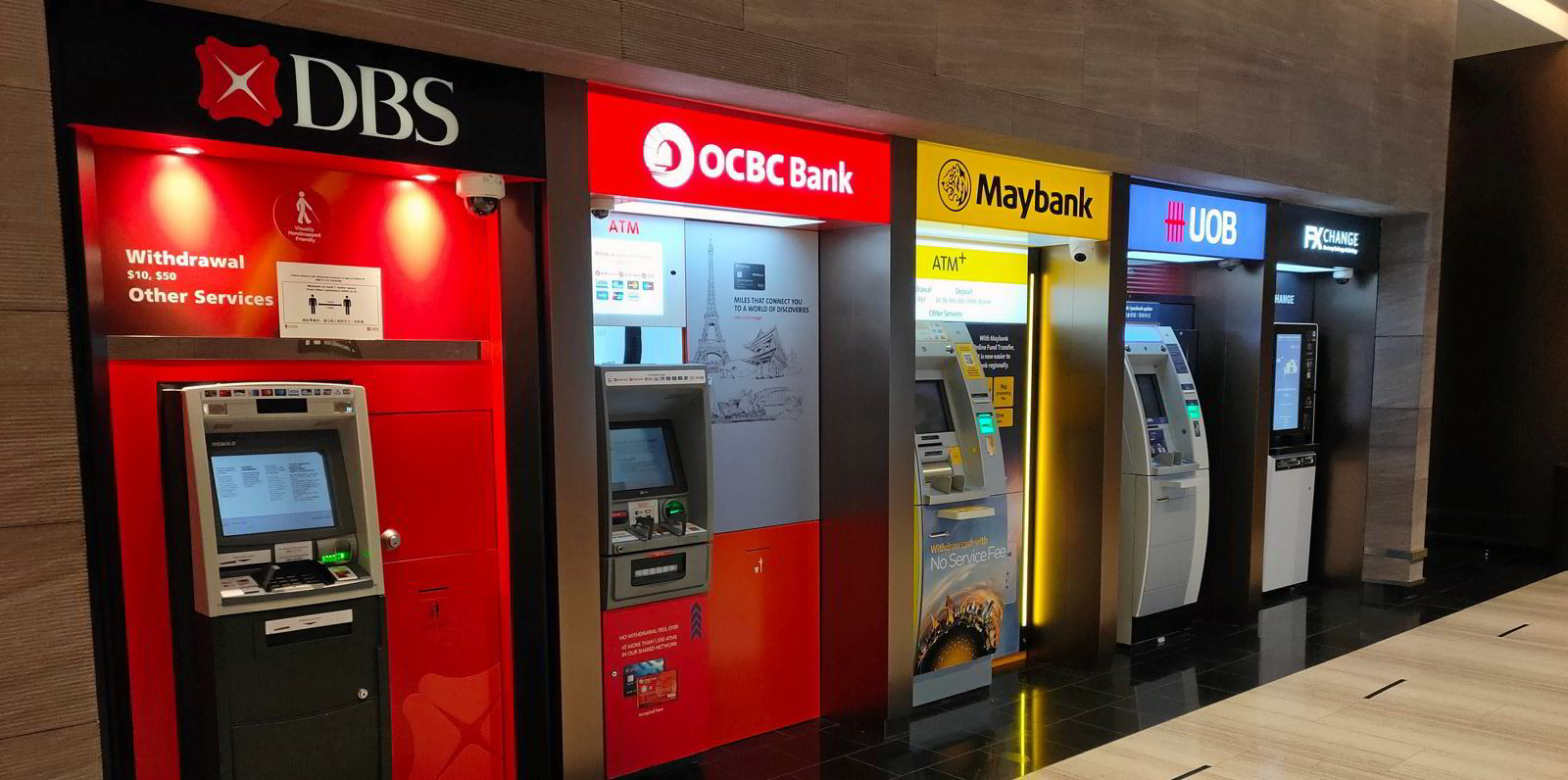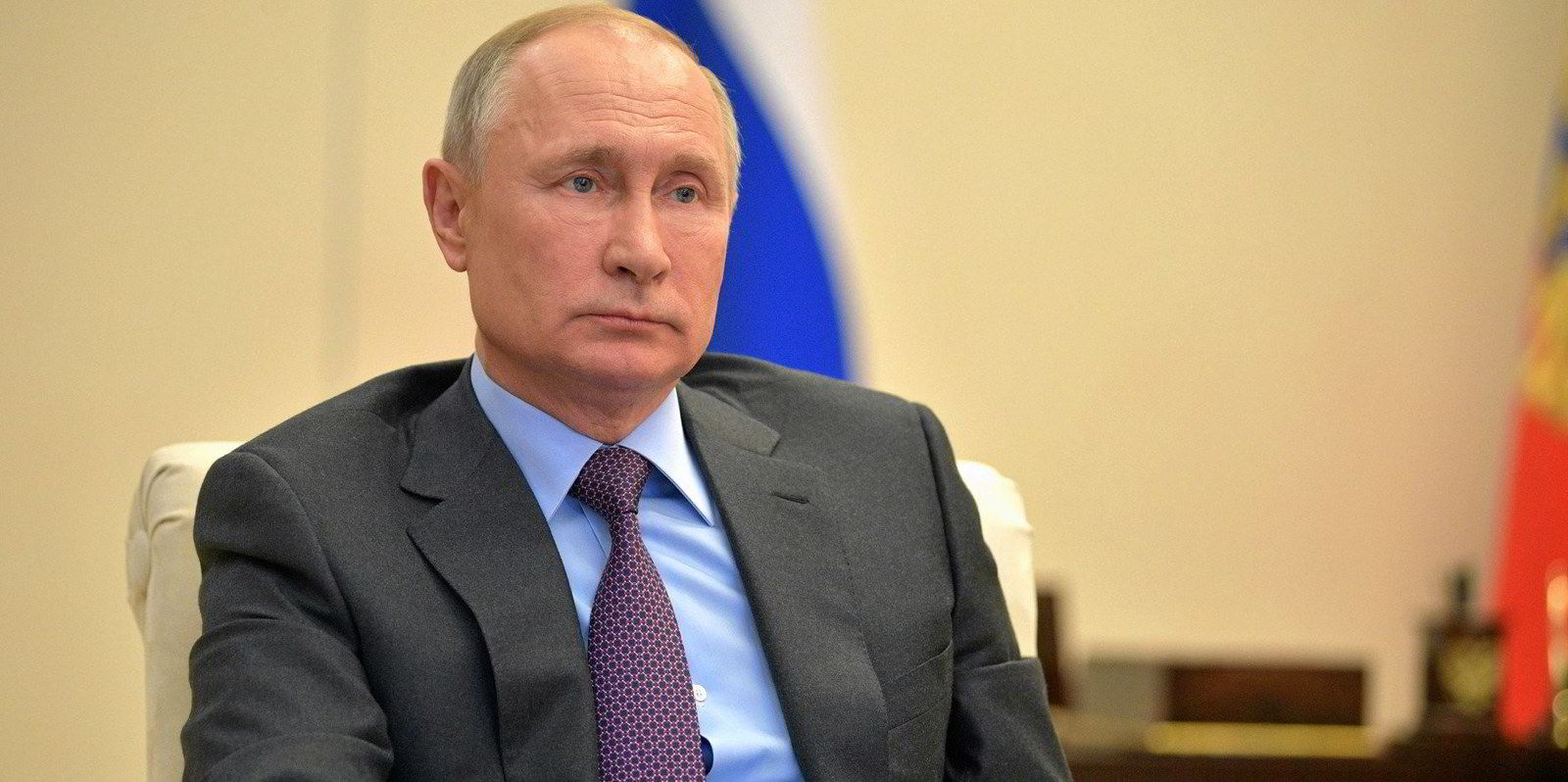Russia’s ambassador to Singapore has criticised the city state’s decision to impose sanctions on Moscow in an interview with a Chinese state-backed newspaper.
“We believe this decision to be a mistake, to be a wrong one, which runs counter to the development of bilateral ties, runs counter to strengthening regional cooperation,” Nikolay Kudashev told the South China Morning Post.
Singapore is believed to be the only Association of Southeast Asian Nations (ASEAN) country so far to have announced sanctions against Russia.
While ASEAN has so far issued a joint statement calling for “an immediate ceasefire or armistice and continuation of political dialogue that would lead to sustainable peace in Ukraine”, it is not yet clear if any of the other ASEAN countries will go further and impose sanctions.
Kudashev said the addition of Singapore to a list of countries that imposed sanctions on Russia meant that the political relationship between the two countries would be placed under “special monitoring”.
Just four days after Russia’s invasion of Ukraine, Singapore announced it would be imposing sanctions against Russia unilaterally and notwithstanding the absence of any binding UN Security Council decision or direction.
Lawyers at Singapore-based law firm Kennedys described the announcement by Singapore’s minister for foreign affairs Vivian Balakrishnan as an “extremely rare move”.
“It is believed that the last time Singapore had acted on its own in imposing sanctions against another country was over four decades ago, after the Vietnamese invasion of Cambodia in 1978,” the law firm said.

In early March, Singapore imposed export controls on items that can be directly used as weapons to inflict harm on or subjugate Ukrainians, while it also imposed sanctions on four Russian banks.
Those banks were VTB Bank Public Joint Stock Company, The Corporation Bank for Development and Foreign Economic Affairs Vnesheconombank, Promsvyazbank Public Joint Stock Company and Bank Rossiya.
Singapore said that local financial institutions will be prohibited from entering into transactions or establishing business relationships with those banks.
Kennedys said that as a major independent financial hub, Singapore’s sanctions on Russian banks and Russian-related financial transactions could play a role in “limiting Russia’s ability to circumvent sanctions already being imposed by the US and the European Union”.
The law firm also said that the imposition of export controls could have an impact on Russian trade in strategic goods as Singapore’s export controls also extend to sanctioned goods transshipped/transiting in Singapore and to the provision of financing of the export of such goods to Russia by Singapore financial institutions, even where the goods do not originate from Singapore.
Even before Singapore had announced any sanctions the country’s largest banks were reported to have introduced restrictions on trade financing for Russian commodities.
The move by DBS Group, Oversea-Chinese Banking Corp and United Overseas Bank came after the city state’s regulator, the Monetary Authority of Singapore, sent a circular to all financial institutions in Singapore, reminding them to manage any risks associated with the situation in Ukraine and the sanctions imposed by major jurisdictions.





